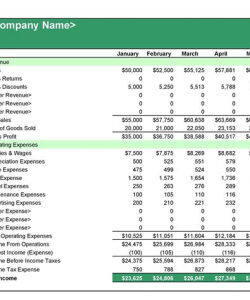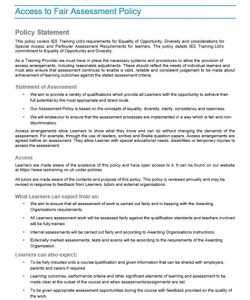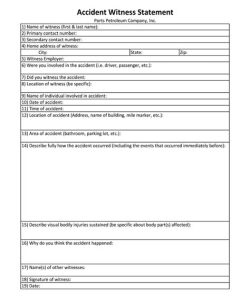A mock trial is a simulated trial that provides law students, attorneys, and other legal professionals with an opportunity to practice their courtroom skills. The closing statement is a crucial part of any trial, as it allows the attorneys to summarize their case and persuade the jury to reach a verdict in their favor. A well-written closing statement can make all the difference in the outcome of a trial, so it is important to have a strong template to work from.
There are many different mock trial closing statement templates available online, but they all share some common elements. Typically, a closing statement will begin with a brief introduction that summarizes the case and the evidence that has been presented. The attorney will then go on to discuss the law that applies to the case and how the evidence supports their client’s position.
The next part of the closing statement is the argument section, where the attorney will present their theory of the case and explain why they believe the jury should reach a verdict in their favor. The attorney will then conclude the statement by summarizing their main points and asking the jury to render a just verdict.
Crafting a Compelling Opening Statement
The opening statement is the first opportunity to make a strong impression on the jury. It should be well-organized and easy to follow, and it should provide a clear overview of the case and the evidence that will be presented. The opening statement should also be engaging and persuasive, and it should set the tone for the rest of the trial.
There are a few key elements to keep in mind when crafting a compelling opening statement. First, it is important to start with a strong hook that will grab the jury’s attention. This could be a surprising fact, a compelling story, or a thought-provoking question.
Next, the attorney should provide a clear overview of the case. This should include a brief summary of the facts, the charges against the defendant, and the evidence that will be presented. The attorney should also state their theory of the case and explain why they believe the jury should reach a verdict in their favor.
Finally, the attorney should conclude the opening statement with a strong call to action. This is where the attorney asks the jury to find the defendant guilty or not guilty. The attorney should also remind the jury of the importance of their decision and urge them to reach a just verdict.
Presenting a Persuasive Case
The closing statement is the attorney’s last chance to persuade the jury to reach a verdict in their favor. It is important to present a strong and persuasive case that is based on the evidence that has been presented. The attorney should also be mindful of the jury’s emotions and use language that will resonate with them.
There are a few key elements to keep in mind when presenting a persuasive case. First, the attorney should start with a strong introduction that summarizes the case and the evidence that has been presented. The attorney should also state their theory of the case and explain why they believe the jury should reach a verdict in their favor.
Next, the attorney should present a detailed discussion of the evidence. The attorney should focus on the evidence that supports their theory of the case and explain why the jury should find this evidence credible. The attorney should also address any evidence that the opposing side has presented and explain why it is not credible.
Finally, the attorney should conclude the closing statement with a strong call to action. This is where the attorney asks the jury to find the defendant guilty or not guilty. The attorney should also remind the jury of the importance of their decision and urge them to reach a just verdict.
Conclusion
The closing statement is a crucial part of any trial, and it is important to have a strong template to work from. By following the tips outlined in this article, you can create a compelling and persuasive closing statement that will help you win your case.
To make the most of your mock trial closing statement template, be sure to tailor it to the specific facts of your case. The more specific your closing statement is, the more persuasive it will be. And remember, practice makes perfect. The more you practice your closing statement, the more confident and persuasive you will be when you deliver it in court.



